This content is restricted to subscribers
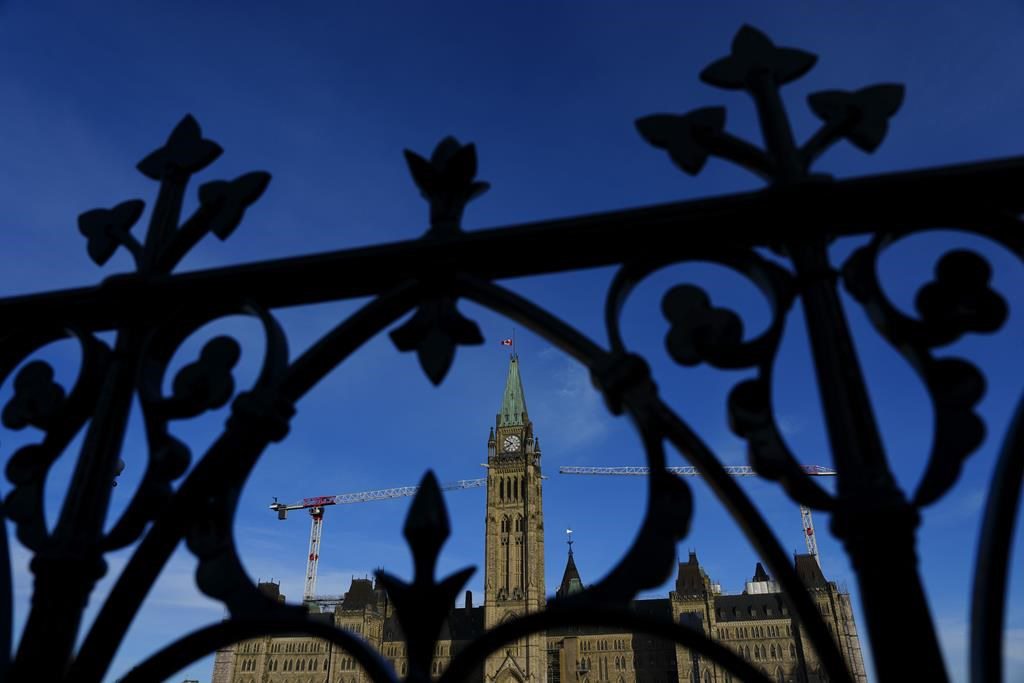
The views, opinions and positions expressed by columnists and contributors are the author’s alone. They do not inherently or expressly reflect the views, opinions and/or positions of our publication.

This content is restricted to subscribers
The views, opinions and positions expressed by columnists and contributors are the author’s alone. They do not inherently or expressly reflect the views, opinions and/or positions of our publication.
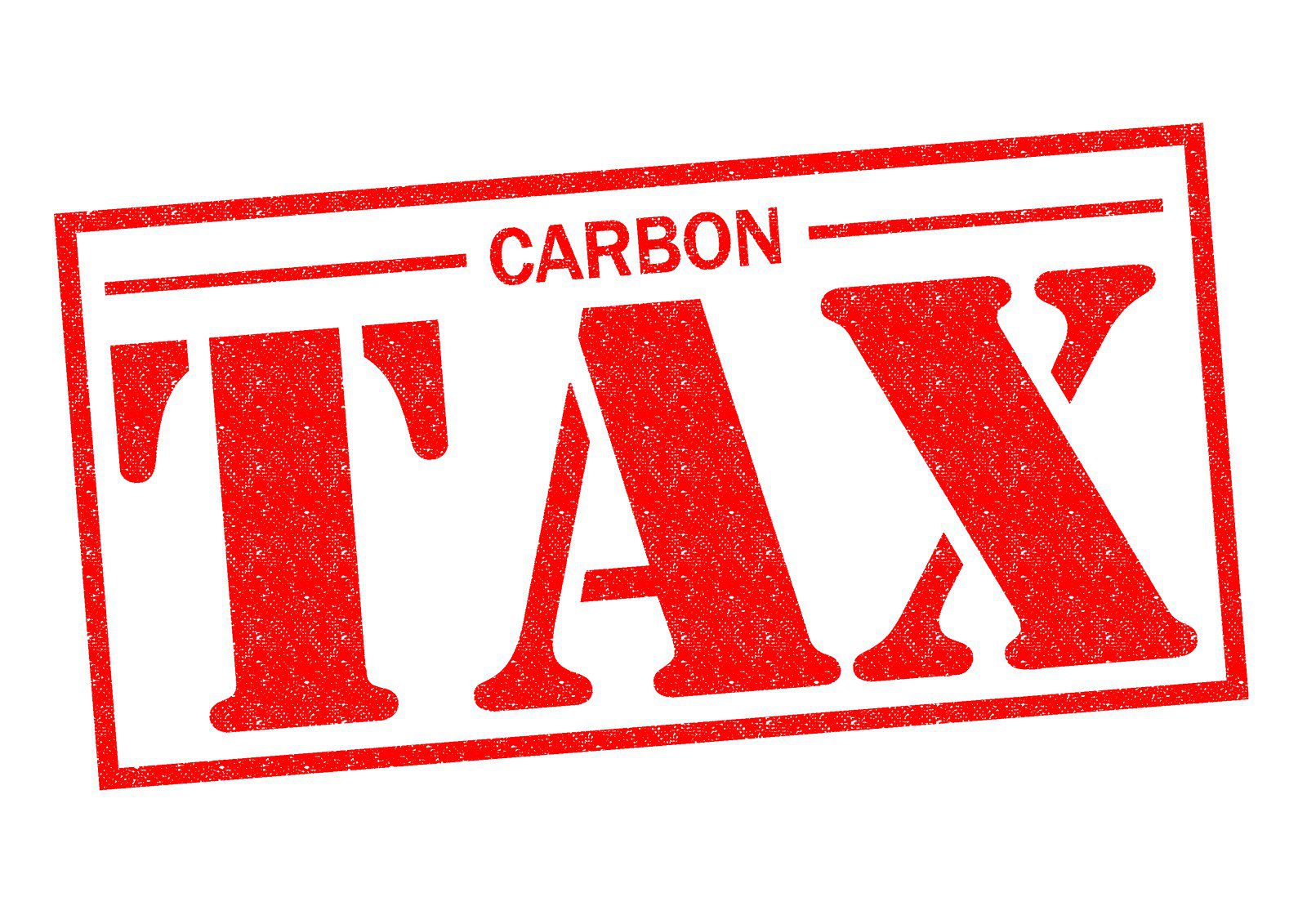
This content is restricted to subscribers
The views, opinions and positions expressed by columnists and contributors are the author’s alone. They do not inherently or expressly reflect the views, opinions and/or positions of our publication.

Become a subscriber today!
Register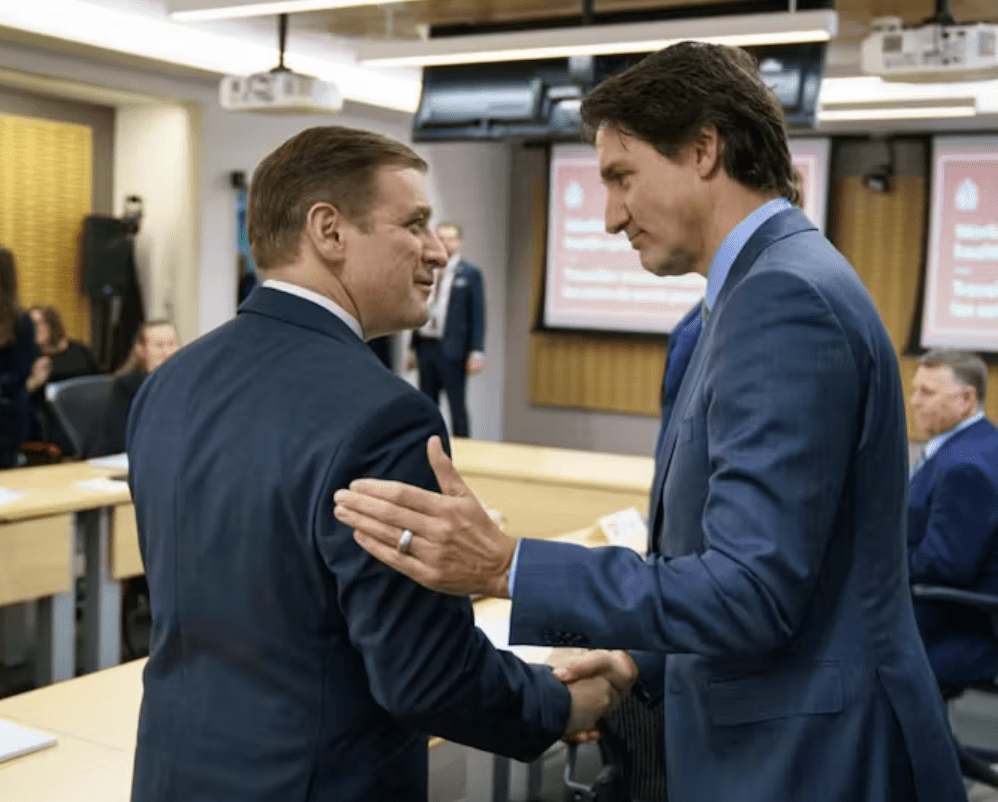
If Canadians want to find an example of a Liberal politician who cares about affordability, they should look to St. John’s, not Ottawa.
Time and time again, Newfoundland and Labrador Premier Andrew Furey has stood on the side of taxpayers.
The latest example is his government’s decision to extend its 8.05 cent per litre gas tax cut for another year.
The gas tax cut has been in place for 21 months and has saved the average two-car Newfoundland and Labrador family more than $800. Another 12 months of lower gas prices will see family savings soar to more than $1,000.
Furey first announced the temporary tax cut in June 2022 and has now extended it twice.
The Furey government has also spoken out strongly about the detrimental impact of the carbon tax on Newfoundlanders and Labradorians.
In criticizing the Trudeau government’s carbon tax late last year, Furey noted “there is no subway” for his constituents to take as an alternative to the ever-increasing costs of driving a car to get to work or to bring kids to school.
That comment was a jibe at the infamous remarks federal Finance Minister Chrystia Freeland made when encouraging Canadians who can’t afford to pay the carbon tax to bike or take transit.
Furey noted if rural Canadians don’t have other transit options – and many don’t – then “the fundamental premise on which the [carbon tax] is based is flawed.”
Furey was also a leader in calling on Trudeau to take the carbon tax off all home heating, noting repeatedly that heating one’s home in Canada in the winter is not optional.
Under pressure, Trudeau finally did so through a temporary suspension of the carbon tax on home heating oil, which is a popular method of home heating in Atlantic Canada, but not in other regions of the country.
To Furey’s credit, he continued to call on the federal government to offer relief to Canadians who don’t use furnace oil for home heating.
Juxtapose that against the policies of Prime Minister Justin Trudeau.
Without campaigning on it, Trudeau sprung a carbon tax on Canadians in 2019. He’s increased it every year since. And he plans to keep jacking it up every year until 2030.
Trudeau has tried to sell his policies by claiming most Canadians are getting more money back from carbon tax rebates than they pay in carbon taxes. Many of Trudeau’s allies have suggested that somehow the carbon tax actually is an affordability measure.
But the Parliamentary Budget Officer has laid out the truth: the average Canadian family is losing money from the carbon tax, big time.
The average Newfoundland and Labrador family lost $347 from the carbon tax last year, even after the rebates. That’s set to climb to $1,316 a year by 2030.
For years, Trudeau told us families would be better off with the carbon tax. But after pressure from Furey and other Atlantic Canadian politicians, he temporarily removed the carbon tax on home heating oil for the next three years.
If that’s not a mea culpa that the carbon tax makes life less affordable, then Santa Claus and the Easter Bunny must be real.
The broader contrast between Furey and Trudeau is their approach to cost of living. Furey looks at what’s taking cash out of families’ wallets – gas and carbon taxes – and tries to lessen that burden by fighting for lower taxes. Trudeau’s solution to make life more affordable appears to be more taxes, more spending and more debt.
The bottom line is that Trudeau, who is sinking in the polls and faces frustrated taxpayers from coast to coast, should learn a thing or two from Furey. Canadians want life to be more affordable, and that means lowering the tax burden, not increasing it.
Jay Goldberg is the Interim Atlantic Director of the Canadian Taxpayers Federation
The views, opinions and positions expressed by columnists and contributors are the author’s alone. They do not inherently or expressly reflect the views, opinions and/or positions of our publication.
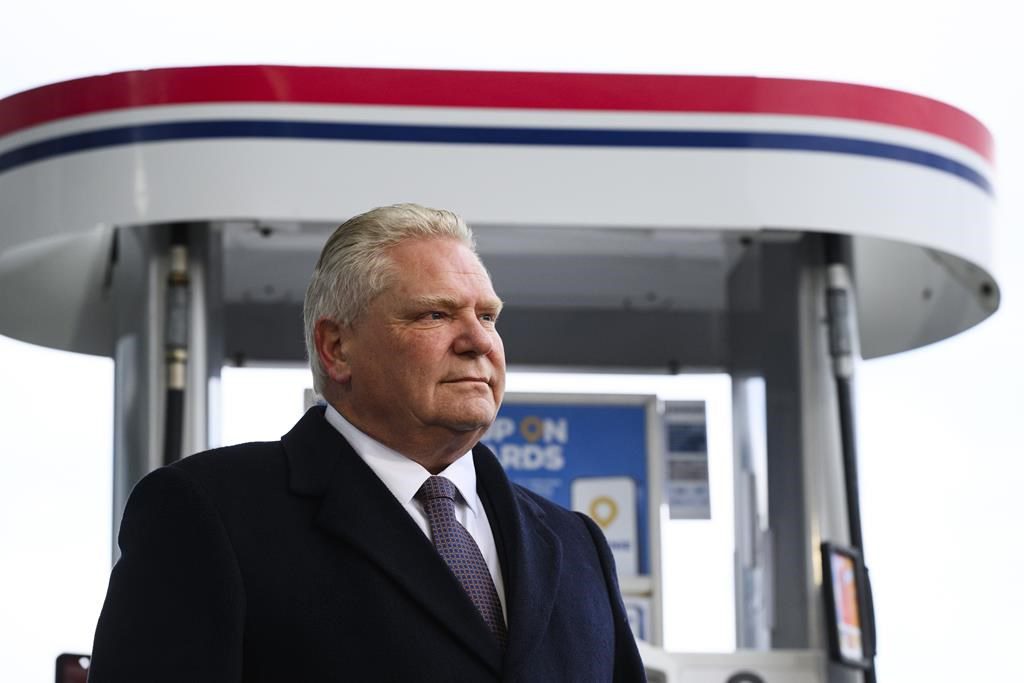
This content is restricted to subscribers
The views, opinions and positions expressed by columnists and contributors are the author’s alone. They do not inherently or expressly reflect the views, opinions and/or positions of our publication.

Canadians are opening their mailboxes with anxiety this winter. As the temperature drops, taxpayers are worried about the doozie of a home-heating bill they’ll find waiting for them on the front stoop. The numbers are scary thanks to Prime Minister Justin Trudeau.
In April 2023, the Trudeau government jacked up the carbon tax for the fourth straight year. The federal government’s carbon tax is now $65 per tonne.
A higher carbon tax means higher prices at the pump, the grocery store and on home heating.
On the home heating front, the Trudeau government is literally punishing Canadians for wanting to stay warm in the winter.
Just how bad are the numbers?
Sixty-two per cent of Ontario households use natural gas to heat their homes. The carbon tax bill for Ontario taxpayers living in an average-sized home will be $326 this winter.
Many talking heads in Ottawa who defend the carbon tax claim that even though Canadians are being hammered on their home heating bills, the federal government’s quarterly rebates more than make up the difference.
They tell taxpayers that paying the carbon tax actually makes them better off.
“The price on pollution puts more money back into the pockets of the majority of Canadians,” said federal Environment Minister Steven Guilbeault just days ago.
But the Parliamentary Budget Officer isn’t buying that spin. Neither are Canadians.
The average Ontario family will lose $627 in 2024 thanks to the carbon tax, even after the rebates, according to the PBO.
More than 50 per cent of Canadian families now say they’re less than $200 away from not being able to pay their bills. Nearly two million Canadians turned to food banks in 2023.
Canadian families cannot afford the Trudeau government’s carbon tax, particularly on home heating.
The Trudeau government has long claimed the carbon tax is needed to help Canada meet its environmental targets. But Trudeau blew a hole in his own argument by providing a three-year carbon tax exemption for Canadians who heat their homes with heating oil.
Up to 40 per cent of Atlantic Canadian households use home heating oil to heat their homes, while only three per cent of Ontario households use that method.
Trudeau’s special exemption means those who use home heating oil (which is dirtier than natural gas) are getting a carbon tax break, while 62 per cent of Ontarians who use natural gas are not.
Trudeau’s politically-motivated exemption shows the carbon tax is all about politics. It always has been.
To add insult to injury, there’s no substantive evidence to show carbon taxes actually work.
British Columbia was the first province in Canada to impose a carbon tax. But B.C.’s emissions have gone up, not down. The province’s emissions were higher in 2021 than in 2015, despite four carbon tax increases during that period.
Ottawa is forcing a carbon tax down Canadians’ throats without evidence that it actually works.
If taxpayers think today’s carbon tax numbers are bad, life is about to get a whole lot more expensive. The Trudeau government is planning to hike the federal carbon tax every year between now and 2030. It will rise from $65 per tonne today to $170 per tonne by the end of the decade.
What does that mean for the average household?
The typical Ontario family will see their carbon tax bill on home heating grow from $326 this year to a stunning $853 by 2030.
And the gap between the carbon tax costs Canadians face, and the rebates the government plans to give, are set to grow too – from $627 this year to $1,820 by 2030.
Canadians cannot afford Trudeau’s carbon tax policies.
It’s not optional for Canadians to heat their homes in the winter and families shouldn’t have to go broke just to stay warm.
The federal carbon tax needs to go.
Jay Goldberg is the Ontario Director of the Canadian Taxpayers Federation
The views, opinions and positions expressed by columnists and contributors are the author’s alone. They do not inherently or expressly reflect the views, opinions and/or positions of our publication.

Become a subscriber today!
Register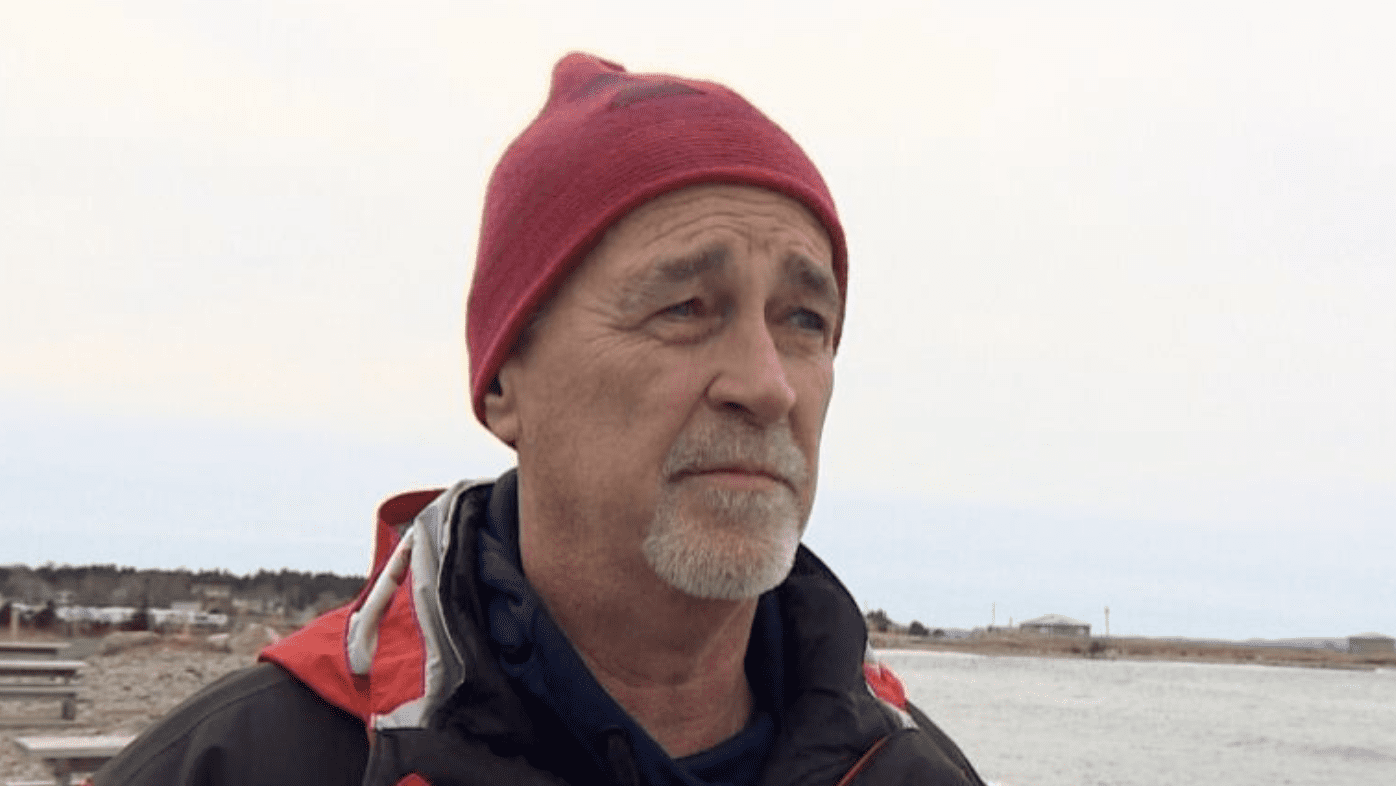
This content is restricted to subscribers
The views, opinions and positions expressed by columnists and contributors are the author’s alone. They do not inherently or expressly reflect the views, opinions and/or positions of our publication.

Become a subscriber today!
Register
Become a subscriber today!
Register